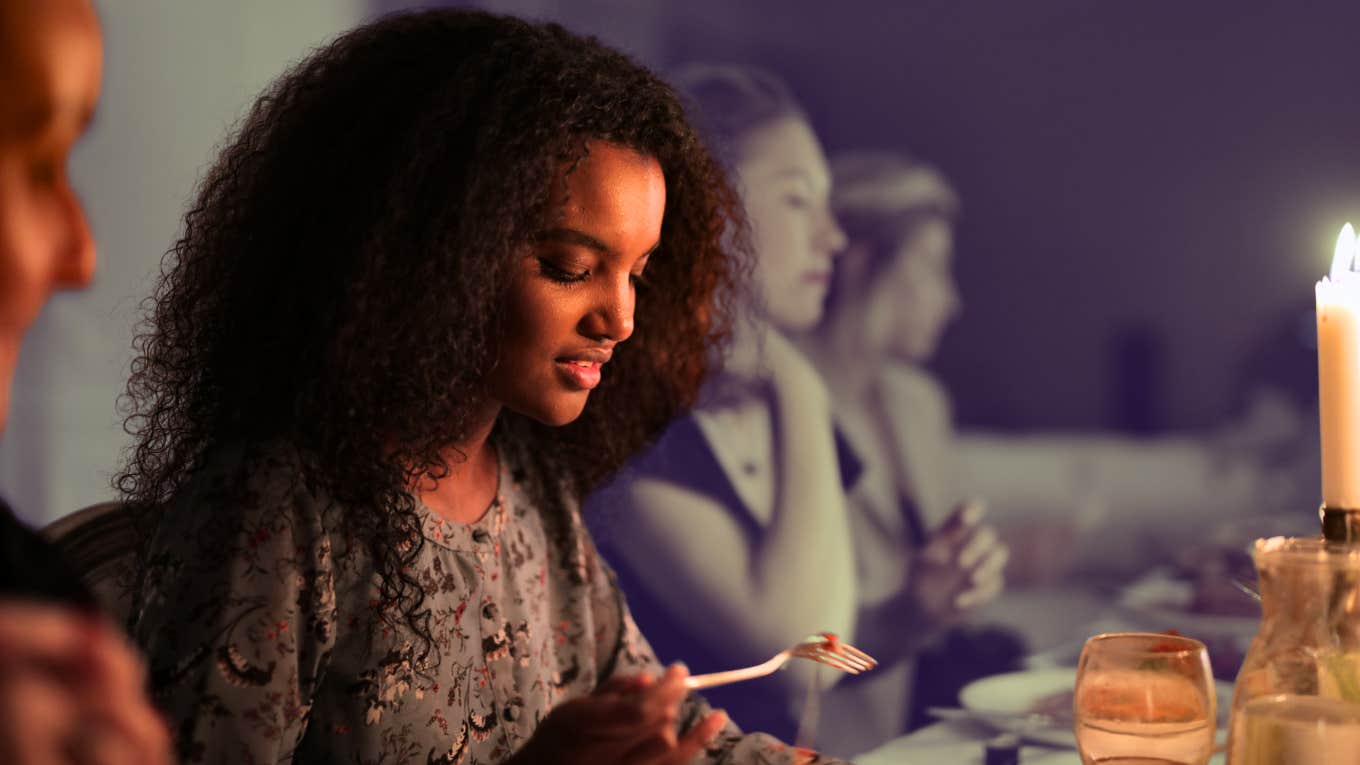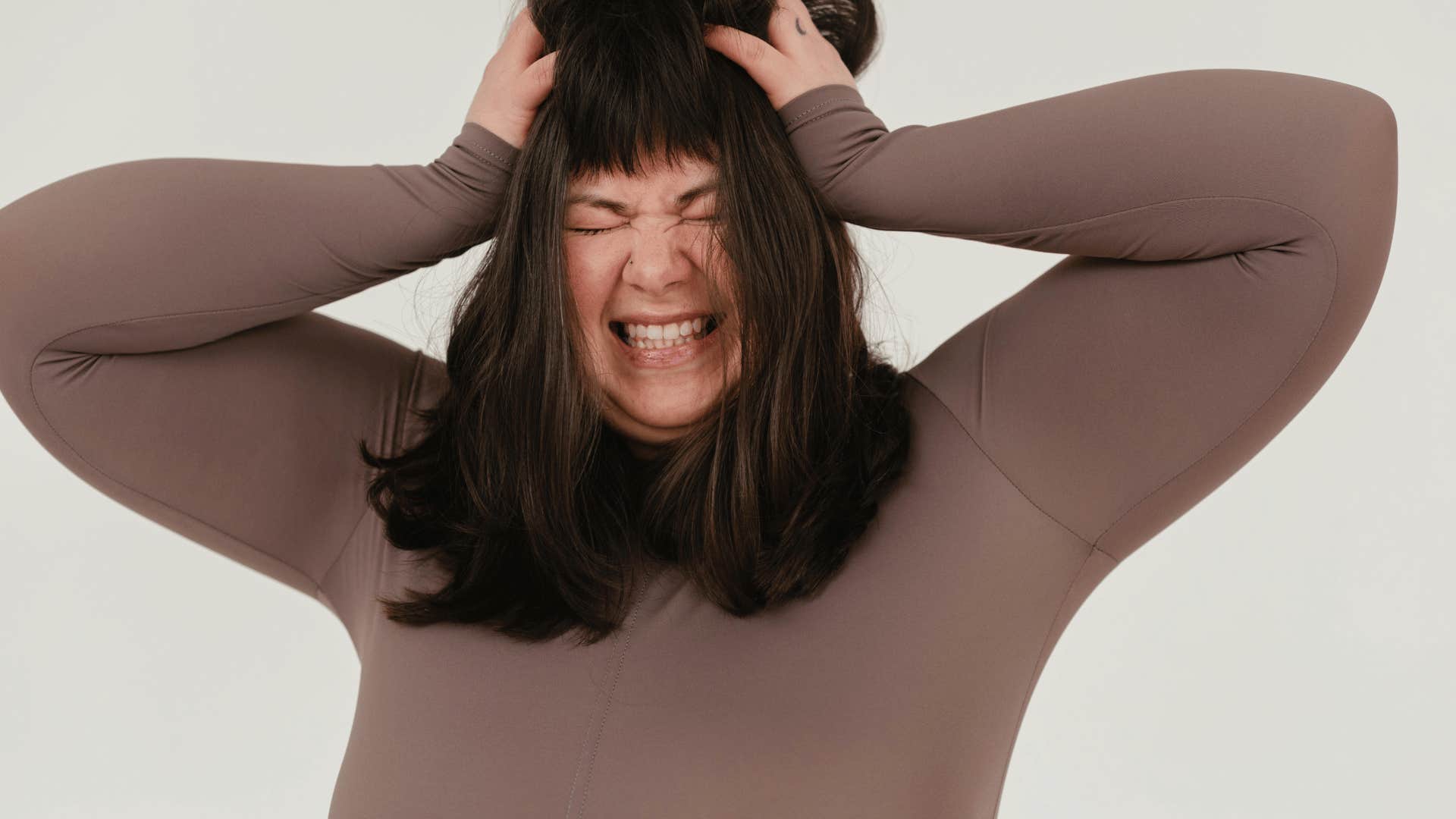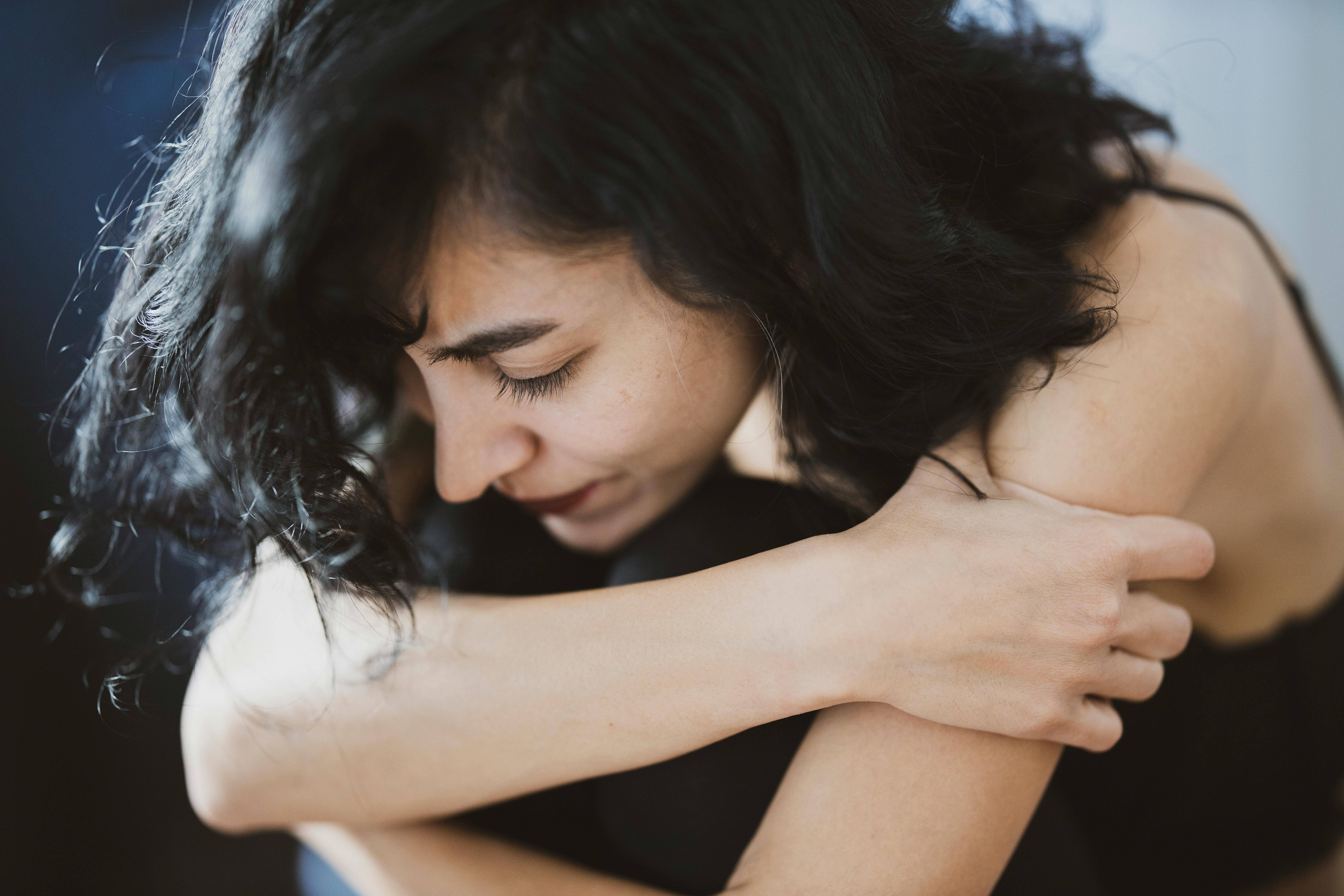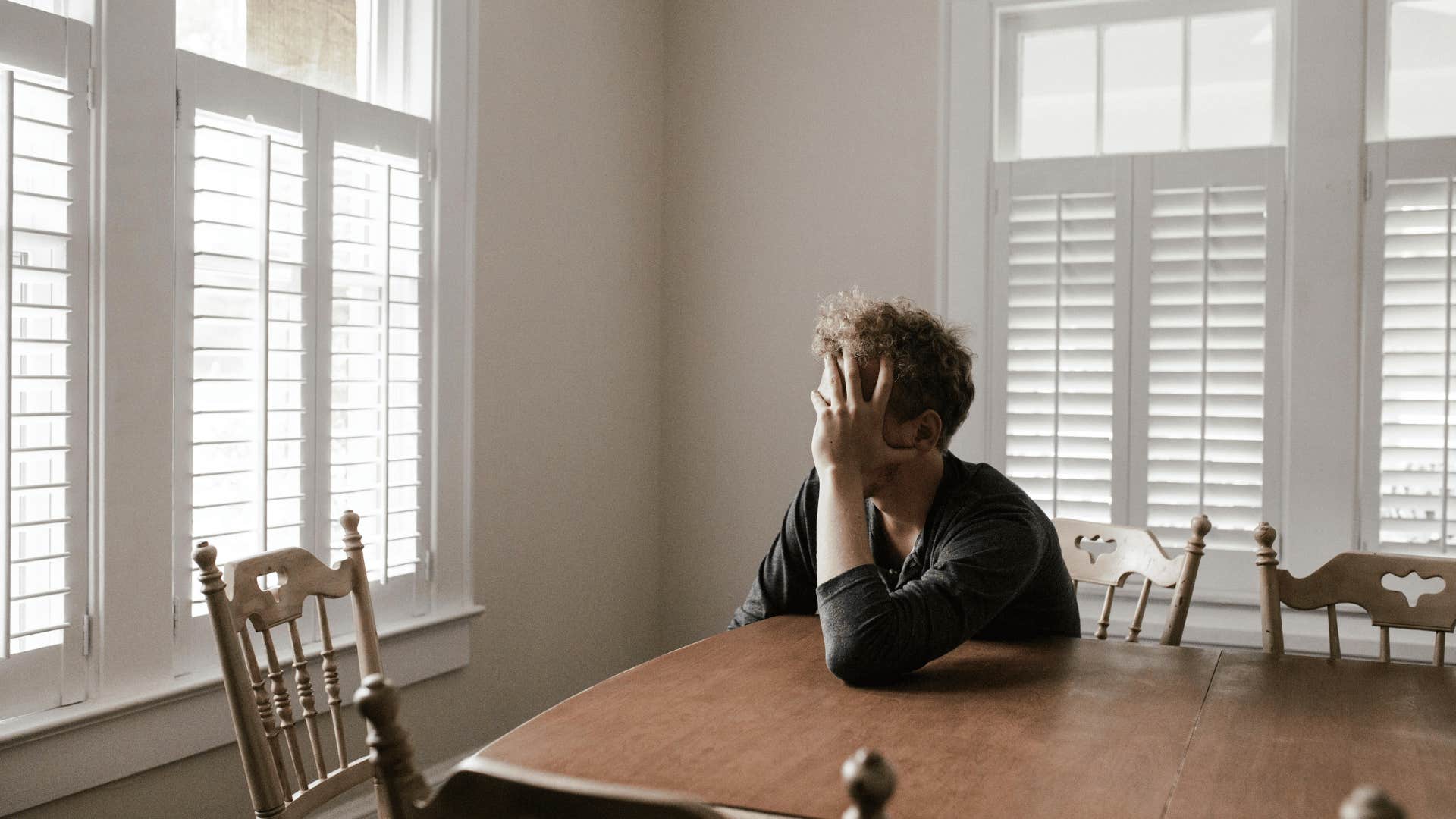I'm A Wellness Coach — The 6 Signs You're At Risk Of Developing An Eating Disorder
There's a fine line between a diet and a disorder.
 Andrea Piacquadio | Canva
Andrea Piacquadio | Canva Think you may have an eating disorder? Though some of the signs of an eating disorder are obvious, others are not quite so clear.
More than half of all adults in the US likely have an eating problem, according to statistics from the National Association of Anorexia Nervosa and Associated Disorders, but it goes undetected and unreported. No one talks about overeating, night eating, stress eating, emotional eating, sweets, or junk food eating as a serious problem.
According to research, 35 percent of those who dieted became pathological dieters, and a fourth of these people would progress into having eating disorders.
Here are the 6 signs you're at risk of developing an eating disorder:
1. You are obsessed with your weight
 Rafa Barros / Pexels
Rafa Barros / Pexels
You're counting calories and keeping track of what types of food you are (or are not) eating.
2. You get on the scale multiple times a day to check your weight
 SHVETS production / Pexels
SHVETS production / Pexels
You get mad when you see the scale go up, even though it's normal to have a fluctuating body weight.
It's extremely normal for one's body to change anywhere from 2-5 pounds daily, and happens mostly in the cold months, research tells us.
3. You believe you are never perfect or thin enough
 Mike Greer / Pexels
Mike Greer / Pexels
You think you must control yourself with more restrictions and diligence to reach that state of 'perfection'.
4. You exercise excessively to compensate for eating
 Liza Summer / Pexels
Liza Summer / Pexels
You also do it to punish yourself for eating too much.
5. You hate your body, no matter how thin you get
 Engin Akyurt / Pexels
Engin Akyurt / Pexels
No matter what weight you are, you're never happy.
6. You are ashamed of the way you eat
 Andrew Neel / Pexels
Andrew Neel / Pexels
You often eat in hiding and refuse to ever get food with friends for fear of being judged.
You don't have to progress into an eating disorder to get help. More dieticians, coaches, and a growing number of psychologists are now skilled in treating eating problems, particularly emotional eating, binge eating, and body image issues.
It is far easier to resolve these issues before they become life-threatening, but you have to be willing to reach out for our help.
The good news is, that eating problems and food triggers are fairly easy to resolve. So don't wait to get help if you think you have a problem, no matter how small you think it might be.
You can eat normally, and you can be free of the shame you carry about your body and yourself. I know how it feels because I used to take that shame and struggled with eating issues for most of my life. I wish I had gotten help sooner.
Eating disorders are pervasive.
According to the ANAD (Association of Anorexia Nervosa and Associated Disorders), eating disorders affect 9 percent of the population worldwide, and 28.8 million Americans will have an eating disorder in their lifetime. Eating disorders disproportionately affect BIOPC, LGBTQ+, and people with disabilities.
Second to only opioid overdose, eating disorders are among the deadliest mental illnesses with 10,200 deaths each year as the direct result of an eating disorder — that’s one death every 52 minutes. If you or a loved one are struggling with disordered eating, contact the National Eating Disorder Helpline’s toll-free phone number: 1-800-931-2237.
Alice Greene is certified in emotional and intuitive eating and exercise physiology. She is the author and co-author of several books, including Inspired to Feel Good.

